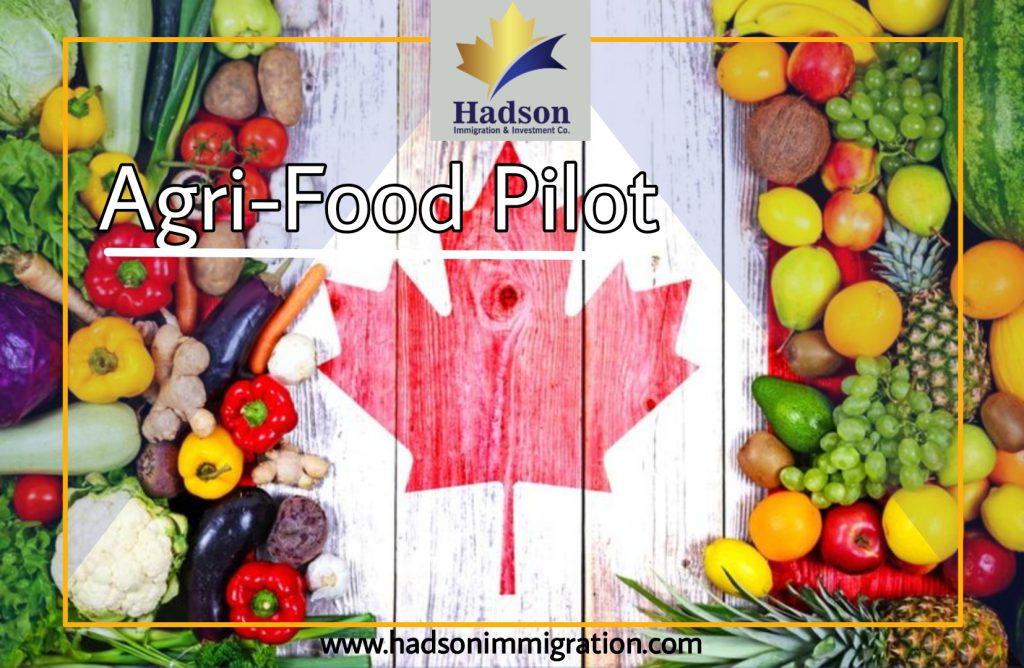The fastest growing industries for newcomers to Canada
The Canadian economy is renowned for its stability and strength. Post-pandemic, the nation has experienced a strong rebound in a number of sectors, the majority of which are experiencing rapid expansion.
Canada’s ambitious immigration goals are a key factor in the country’s continued economic expansion. The Immigration Levels Plan 2023-2025 indicates that by the end of 2025, Canada will admit 500,000 immigrants annually.
Nearly 25 percent of Canada’s population of over 39 million people identify as immigrants. Typically, immigrants arrive in Canada well-equipped to fill labor force gaps caused by a large number of retirements or a dearth of qualified candidates.
Some employment sectors stand out for their rapid growth and high demand for skills.
Healthcare
Compared to previous generations, Canadians are living longer and requiring medical care for a longer duration. The provinces of Canada are exerting significant effort to recruit foreign healthcare professionals in response to this increase in demand.
Over 35% of physicians, 23% of registered nurses, and 39% of dentists in Canada are currently immigrants.
According to the most recent job vacancy data from Statistics Canada, as of February 2023, the healthcare industry had the highest number of open positions, with 143,800 vacancies.
The pandemic had a disproportionately negative impact on the nursing industry, prompting many nurses to take extended leave or leave the profession altogether.
Immigration Refugees and Citizenship Canada (IRCC) has taken steps to make it easier for healthcare workers to become permanent residents, including removing some barriers for physicians who were formerly considered to be self-employed. Self-employment does not typically qualify for Express Entry.
How to immigrate as a medical professional
Numerous healthcare professionals enter Canada through the Express Entry program. Express Entry programs target highly qualified candidates in the Federal Skilled Worker Program, the Canadian Experience Class, and the Federal Skilled Trades Program.
In addition, because healthcare is a provincial responsibility, the majority of provinces have Provincial Nominee Program (PNP) streams for healthcare workers. For instance, the province of Alberta recently established the Dedicated Healthcare Pathway under the Alberta Express Entry Stream.
Other provinces routinely hold PNP draws for candidates in the healthcare industry. British Columbia conducts this type of draw nearly every week, and Ontario’s Human Capital Priorities stream recently invited 2,349 healthcare candidates.
There are also two federal pilot programs for senior and child caregivers. The government announced earlier this year that the work experience requirement for caregivers to qualify for permanent residence through these programs has been reduced from 24 to 12 months.
Agriculture
The agriculture sector of Canada employs over 243,000 people and has a current vacancy rate of over 14,000.
According to a recent report by the Royal Bank of Canada, 40% of Canadian farmers will retire by 2033. According to the report, Canada must accept 30,000 permanent immigrants over the next decade to establish their own farms and greenhouses or take over existing ones in order to mitigate a short-term skills shortage.
How to immigrate to Canada with a vocation in agriculture
IRCC recently announced that it will extend the Agri-Food Pilot Program and remove occupational caps in order to fill some of these positions. Among the eligible occupations are retail butchers.
Industrial meatpacking
Farm managers and specialized livestock employees
Food processing personnel
General farm workers
Harvesting employees
Similarly to healthcare workers, there are agriculture-specific streams within certain PNPs.
Tech
The federal budget for 2023 included a $20 billion investment to support the construction of major clean electricity and clean growth infrastructure projects. This investment is likely to increase demand in the technology industry.
In addition, the report notes that many careers in the clean technology manufacturing sector do not require a bachelor’s degree, and that the average worker compensation in this sector in 2021 was $90,252 — well above Canada’s economy-wide average of $69.
The expansion of the AI industry contributes to Canada’s demand for tech workers. According to Invest in Canada, a government website designed to attract investment in Canada’s tech industry, there are 1,032 AI and machine learning companies in Canada. In addition, the Global AI Index reveals that Canada ranks fourth globally in terms of AI implementation, innovation, and investment competitiveness.
How to immigrate to Canada if you have a technical profession
IRCC offers programs such as the Global Talent Stream to recruit more tech professionals. This program, which is part of the Temporary Foreign Workers Program, is intended to promote the expansion of Canada’s technology sector. The program aims to achieve a processing standard of two weeks after the potential employee submits their final application.
Additionally, the Provincial Nominee Program features targeted draws. BC Tech Stream, OINP Tech Draw, Saskatchewan Tech Talent Pathway, and Alberta Accelerated Tech Pathway are examples of provincial tech streams.
The first step towards moving to Canada is to get an assessment of your specific situation. Call us today at +1 604 358-5763 for an assessment to see if you are eligible to move to Canada, or fill out our online assessment form.










